|
This year could not have been more momentous for my two areas of responsibility at The Conversation Canada — Politics and Business/Economics. The COVID-19 pandemic had politicians the world over scrambling to effectively respond in order to both spare the lives of citizens and prevent their economies from completely collapsing — and it also likely cost Donald Trump the White House following a chaotic presidential election campaign, another big Politics story in 2020. The pandemic’s devastating economic impact on the global economy, employees and businesses worldwide — as well as how it accelerated the percolating work-from-home trend — kept me extremely busy editing stories for both sections as I myself worked from home.
Below, you’ll see the most widely read stories for both sections, but I’d also like to reflect on the stories that I found personally memorable.
Politics
When the world is in turmoil that feels unprecedented, I gravitate towards stories that reassure us that we’ve been here before, and we came out the other side all in one piece. For that reason, I loved this piece by Ronald Pruessen, a history professor at the University of Toronto, about past U.S. elections that descended into chaos. Another Trump story — this one on why the defeated president’s
supporters believe his lies by Ron Stagg of Ryerson University — was equally compelling. In non-Trump news, I found this call by Robyn Bourgeois of Brock University in the aftermath of the mass shooting in Nova Scotia to call the carnage exactly what it was — white male terrorism — to be courageous and thought-provoking. And this analysis by Mary Anne Martin and Michael Classens of Trent University pointing out the flawed logic in enlisting Canada’s grocery giants to fight food insecurity instead of ensuring people earn enough money to afford to feed their families was a smart, insightful look at the general futility of food charity and the need for a guaranteed basic income.
Business
The rapid shift to remote work at the onset of the COVID-19 pandemic changed how we do our jobs, possibly permanently. We had several well-researched stories on the trend almost from the very start of the pandemic. I found this analysis by Georges A. Tanguay and Ugo Lachapelle of the Université du Québec à Montréal on how the shift has primarily benefited high-income earners to be especially provocative as it implicitly paid tribute to those brave essential workers, many of them low-paid, who have not had the luxury of working from home. I loved this piece reminding us why we didn’t need to be hoarding toilet paper by Giovani J.C. da Silveira of the University of Calgary. And before any of us had imagined a pandemic would remove us for months from an office setting, this look in January at the myth of the workplace Queen Bee, by Sarah Kaplan of the University of Toronto and Isabel Fernandez-Mateo of London Business School, was a hit among the almost all-women team at
The Conversation Canada — all of us genuine advocates for one another.
Happy New Year to all the loyal readers of the Business and Politics pages — and good riddance, 2020!
|
The Year in Politics
|
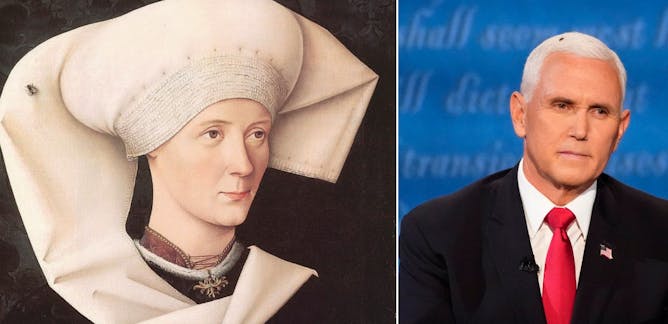
Sally Hickson, University of Guelph
Flies have long held symbolic meaning in the history of art. In portraits made in Renaissance Europe, the presence of a fly symbolizes the transience of human life.
| |
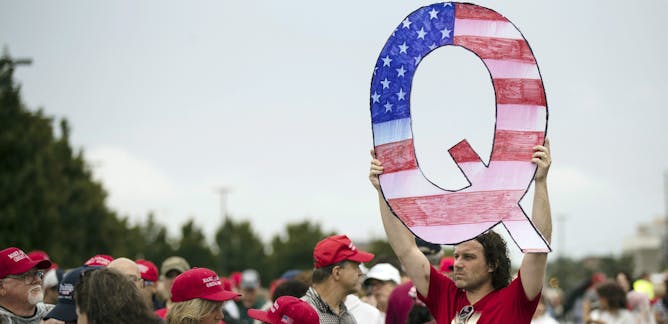
Marc-André Argentino, Concordia University
QAnon refers to the online community that believes in conspiracy theories about Donald Trump and the so-called deep state, and is spreading harmful misinformation about COVID-19.
|
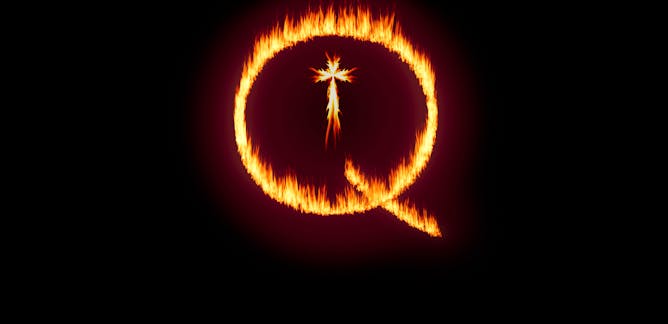
Marc-André Argentino, Concordia University
The QAnon movement that's based on conspiracy theories is now being used by some charismatic Christians as a way to interpret the Bible. It's a dangerous mix of religion and false information.
| |
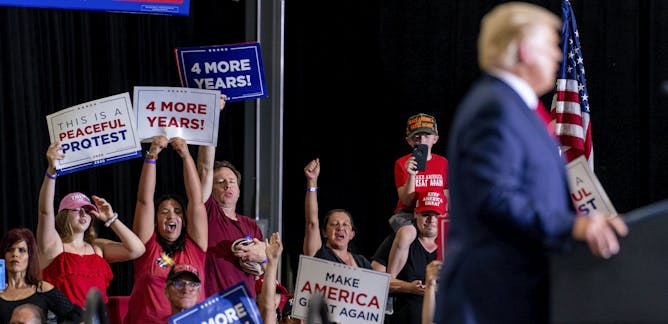
Ron Stagg, Ryerson University
Who are Donald Trump's hard-core supporters and why do they pose an increasing threat of violence in the coming U.S. elections — and after?
|
|
|
The Year in Business
|
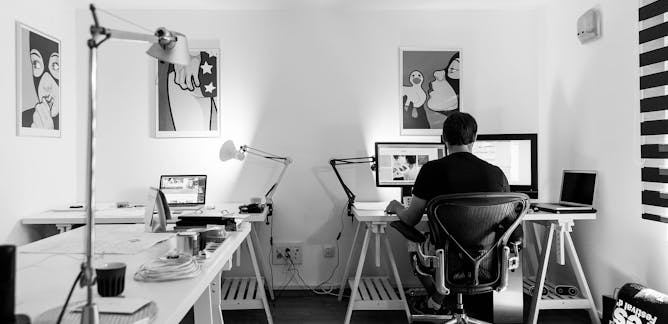
Richard Shearmur, McGill University
Some companies are moving permanently to remote work during and after the COVID-19 pandemic. But are they simply passing on costs to employees while invading their personal space?
| |
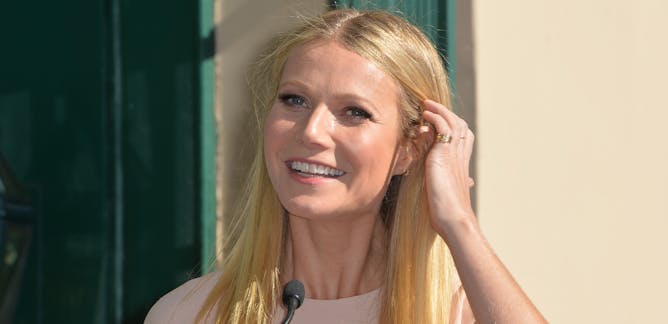
Timothy Caulfield, University of Alberta
Gwyneth Paltrow's new Netflix series, The Goop Lab, raises serious questions about the spread of health misinformation as well as the conflict of interest the show represents.
|
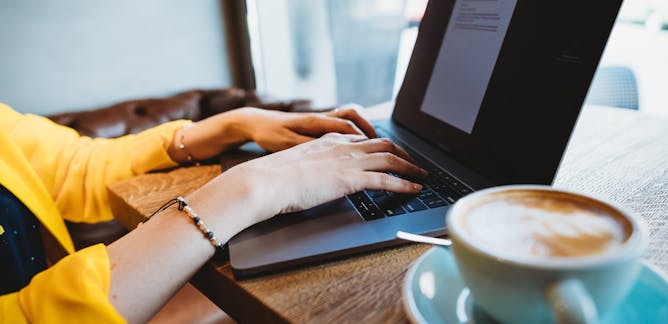
Georges A. Tanguay, Université du Québec à Montréal (UQAM); Ugo Lachapelle, Université du Québec à Montréal (UQAM)
The higher a person's salary, the most likely they are to be able to work from home; it's not an option for most low-income workers. Here's what governments can do to help encourage more remote work.
| |

Atif Kubursi, McMaster University
Alberta oil is the collateral damage of the oil war between Russia and Saudi Arabia, with COVID-19 launching an additional attack. The province's oil industry will struggle to recover.
|
|
|